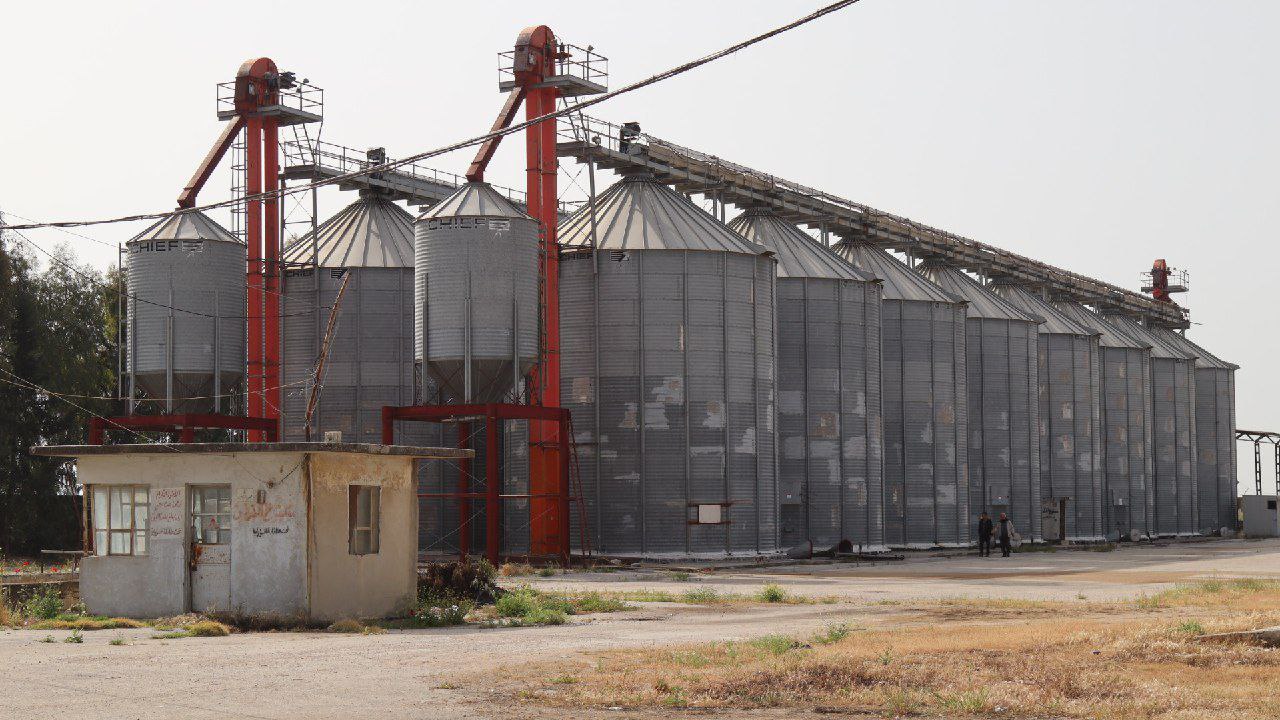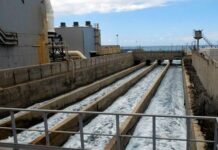
With the collapse of the Assad regime, Syria’s already fragile wheat supply chain took another hit. For years, the ousted government relied on wheat imports from Russia through secretive deals, state tenders, and what Moscow called “humanitarian aid.”
Some shipments, according to Ukrainian officials and media reports, included stolen Ukrainian grain. These claims were consistently denied by the regime. Following Assad’s fall, Russia announced it would suspend all wheat exports to Syria, citing instability under the new leadership and unresolved financial debts.
New Offers from Ukraine and Iraq
Ukraine quickly offered to fill the gap. The country’s agriculture minister said Ukraine was ready to provide food to Syria, framing it as both a humanitarian duty and a strategic move. The UK supported this initiative by allocating £3 million to fund Ukrainian grain shipments. Meanwhile, Iraq resumed a previously frozen wheat grant, sending the first shipment under a deal to supply 220,000 tons. Iraqi officials also confirmed they are open to selling surplus wheat to Syrian buyers, both through public and private channels.
Foreign wheat may ease short-term shortages, but Syria’s deeper crisis lies at home. Years of war, climate stress, and economic collapse have slashed wheat production. In 2022, Syria harvested just one million tons, compared to an average of over four million before the war. Fires, rising costs, and unreliable input supplies have driven many farmers out of the sector. Agriculture, once a major employer, now accounts for less than 16 percent of the workforce.
Path to Self-Sufficiency
Agricultural experts argue that rebuilding Syria’s wheat sector requires more than emergency shipments. They emphasize the need for government-backed support for farmers, better access to quality seeds and fuel, and a stable pricing system that rewards local producers.
Investing in infrastructure across productive regions like Raqqa and Hasakah is key to restoring output. Over the long term, Syria must diversify crops, reduce water use, and adopt climate-resilient farming techniques. Researchers also call for reforms to land ownership laws and stronger public-private partnerships to unlock investment in fallow lands.
Food Security as a National Priority
The shift away from dependence on Russian wheat marks more than a political realignment—it signals a test of Syria’s ability to restore food security. The road ahead demands coordinated policy, modern farming practices, and a renewed trust between farmers and the state. With the right support, Syria could begin the long process of regaining its agricultural footing and reducing its reliance on volatile international supplies.








